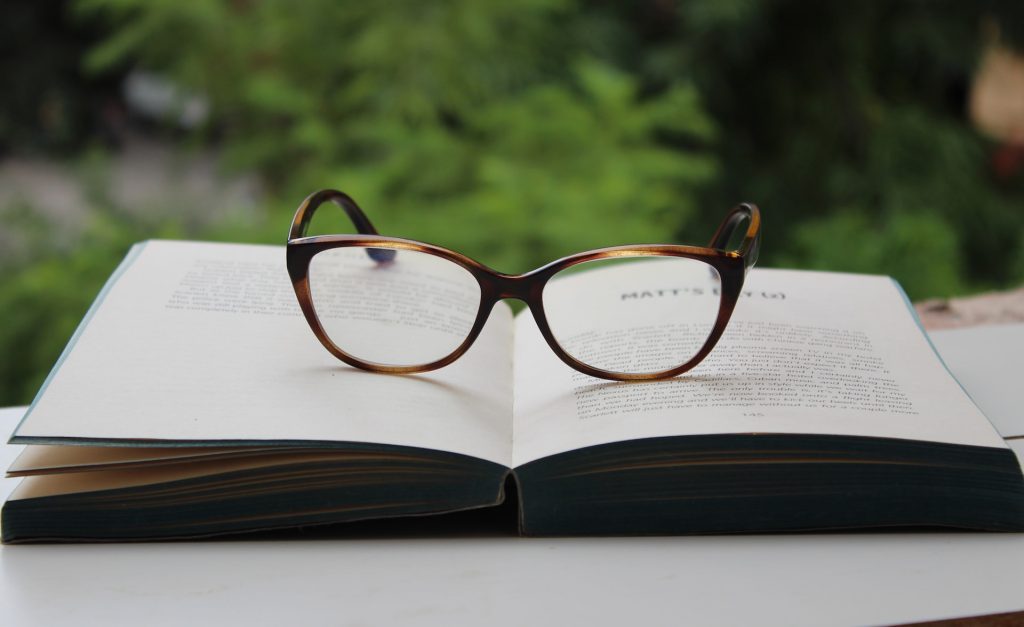Age-related sight problems – what to look out for

As we age our sight can become less sharp due to a variety of conditions. Here’s a quick rundown of the most common, preventative action, and where to go to find out more.
Presbyopia
Presbyopia makes reading and any other close-up activities more difficult. That’s because the eye’s lens to become less flexible, making it difficult to focus on close objects. Presbyopia is a normal part of ageing, and it usually begins to develop in people in their 40s or 50s. You can address it with various strengths of reading glasses, available over the counter in a range of stores, including supermarkets. Or if you’re a contact lens wearer, you can try using bi-focal lenses, though they don’t work for everyone. Cataract surgery may offer the opportunity to correct presbyopia.
Cataracts
Cataracts are a clouding of the eye’s lens that can cause blurry vision. Cataracts tend to come to us all in some degree as we age. They can usually be treated very successfully with surgery, although some people do experience problems such as dry eyes at least for a while after surgery. Usually only one eye will be treated at a time. Waiting lists for surgery on the NHS vary across the country, but you can also opt for private surgery.
Glaucoma
This is a group of eye diseases that damage the optic nerve and can lead to vision loss. Glaucoma is the leading cause of blindness in people over 60. There is no complete cure for glaucoma, but it can be treated with medication or surgery to help prevent vision loss. Anyone who has glaucoma in the family should be invited to have regular checkups even if their vision seems to be fine.
Age-related macular degeneration (AMD)
This is a condition that damages the macula, the part of the retina that provides sharp central vision. AMD can cause blurry vision, blind spots, and difficulty seeing fine details. There is no cure for AMD, but there are treatments that can help slow the progression of the disease.
Dry eyes
This is a condition that causes the eyes to feel dry, scratchy, and irritated. Dry eyes can be caused by a number of factors, including age, medications, and environmental conditions. There are a number of treatments available for dry eyes, including artificial tears, eye drops, and lifestyle changes.
Preventative action
There are a number of things you can do that may help prevent age-related eye problems, including:
- Get regular eye examinations: This is the best way to detect eye problems early, when they are most treatable.
- Protect your eyes from the sun: Wear sunglasses that block UV radiation.
- Eat a healthy diet: Eating plenty of fruits, vegetables, and whole grains can help protect your eyes from age-related damage.
- Give up smoking: Smoking can increase your risk of developing cataracts and AMD.
- Manage your blood pressure: High blood pressure can damage the blood vessels in the eyes, increasing your risk of glaucoma.
Find out more
Take a look at our Directory for organisations offering further information and support around age-related sight problems.
This article is for information only. If you are at all concerned about your vision, talk to your doctor. They can help you assess your risk for age-related eye problems and recommend preventive measures.
Photo by Rens D on Unsplash

